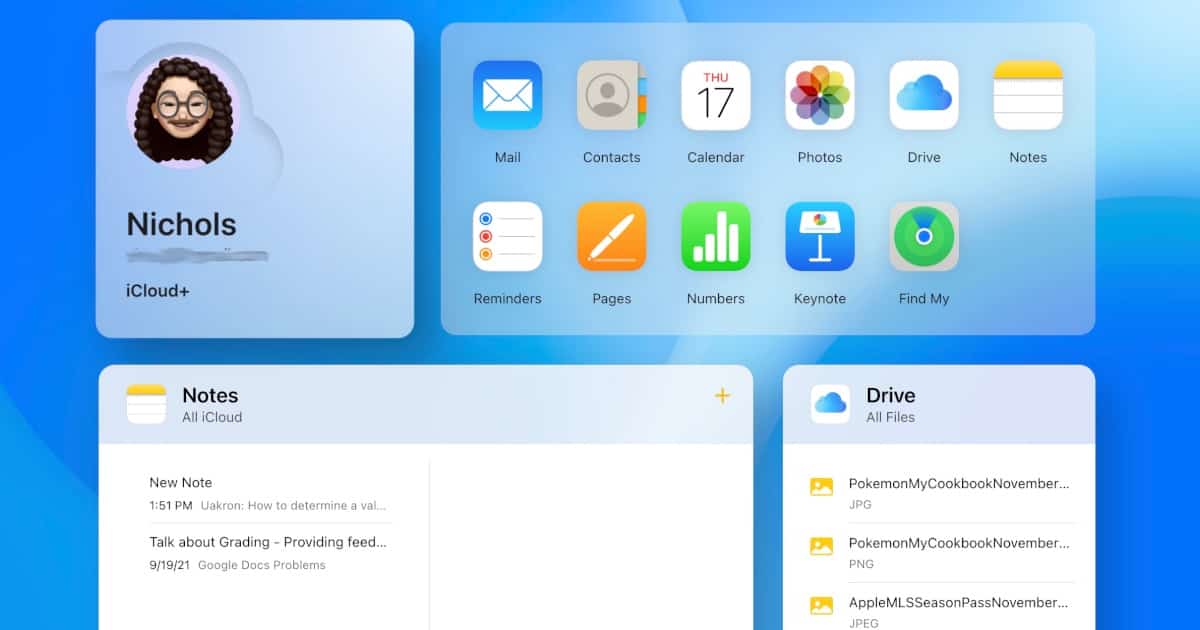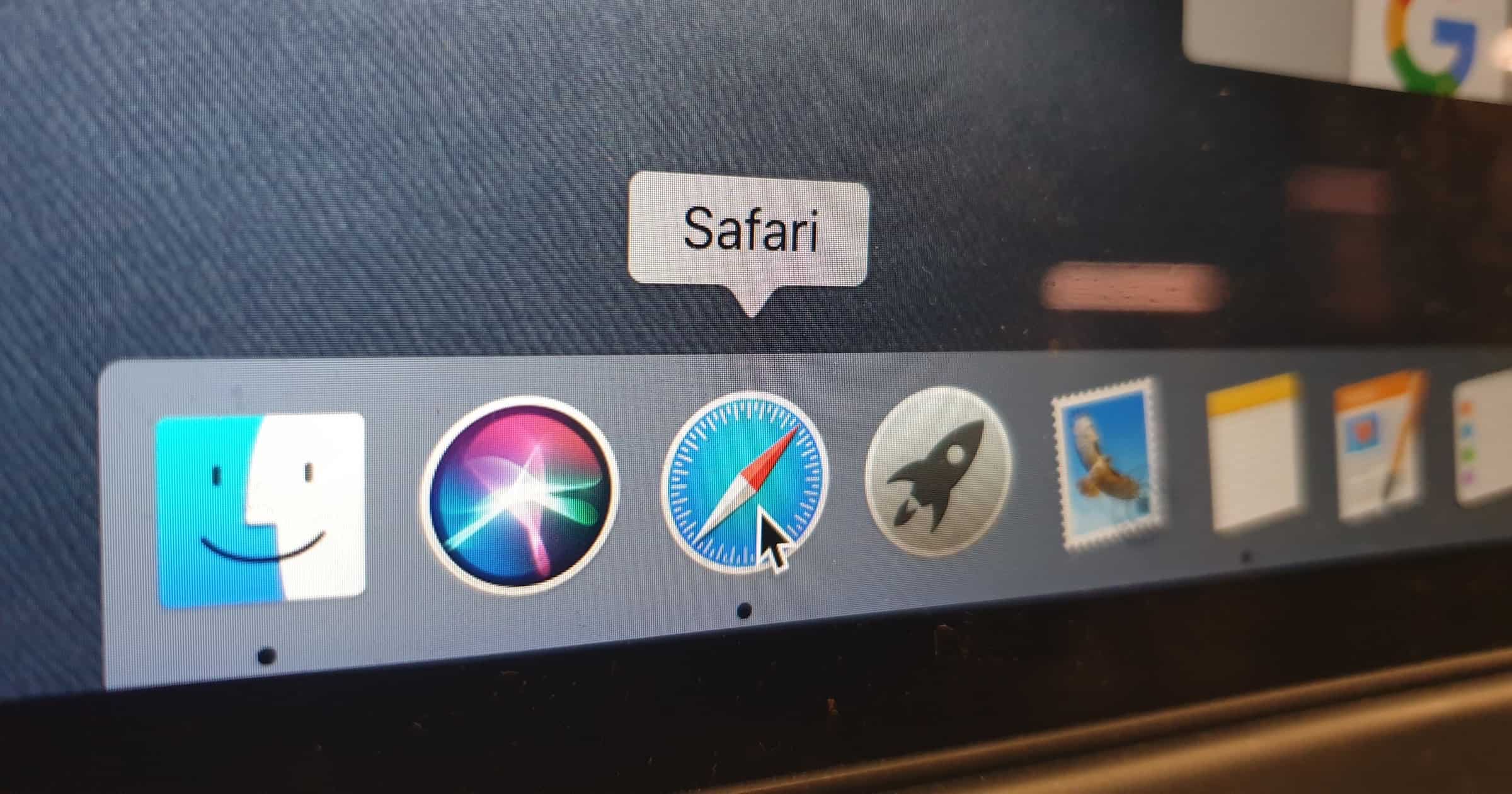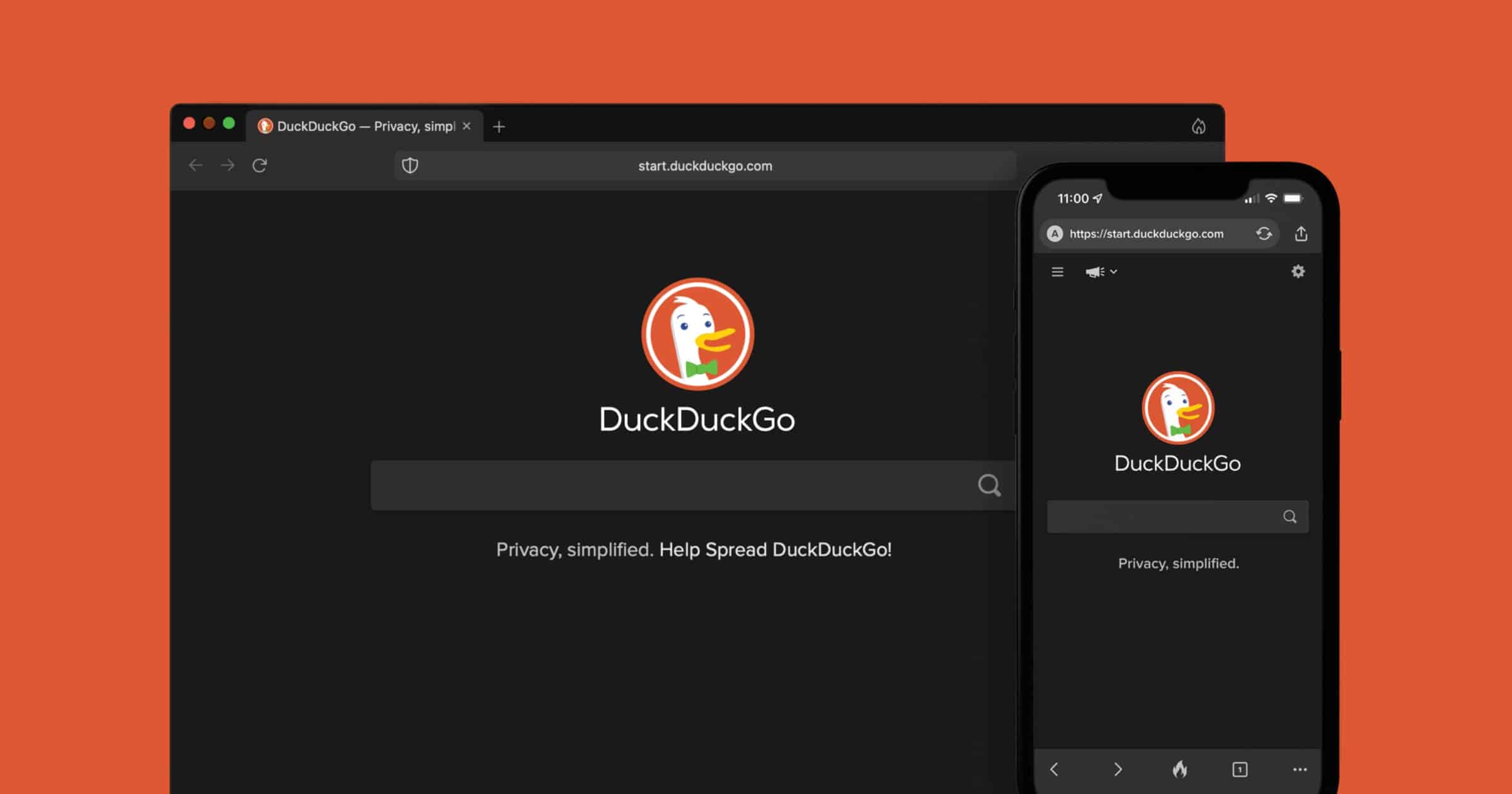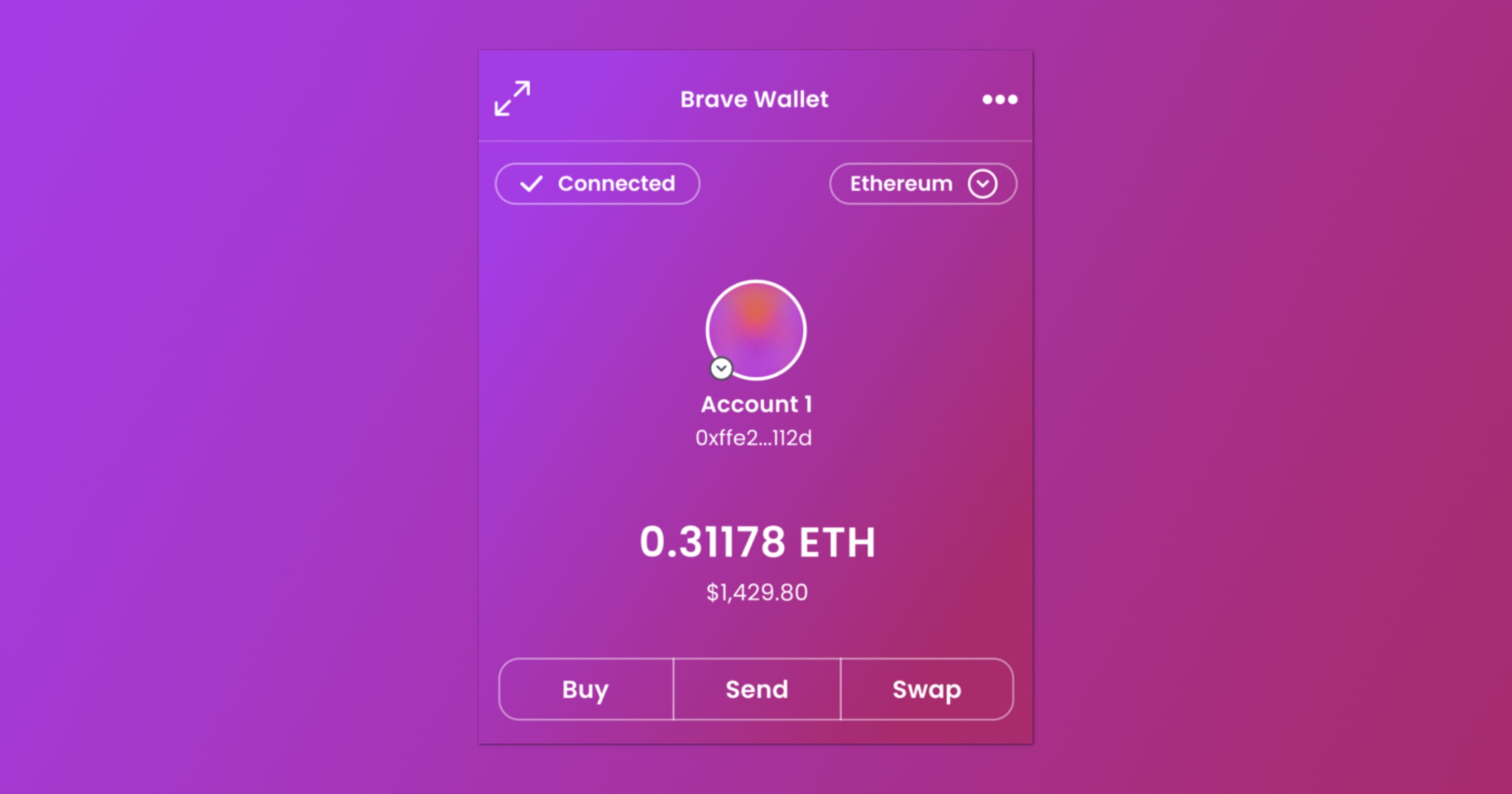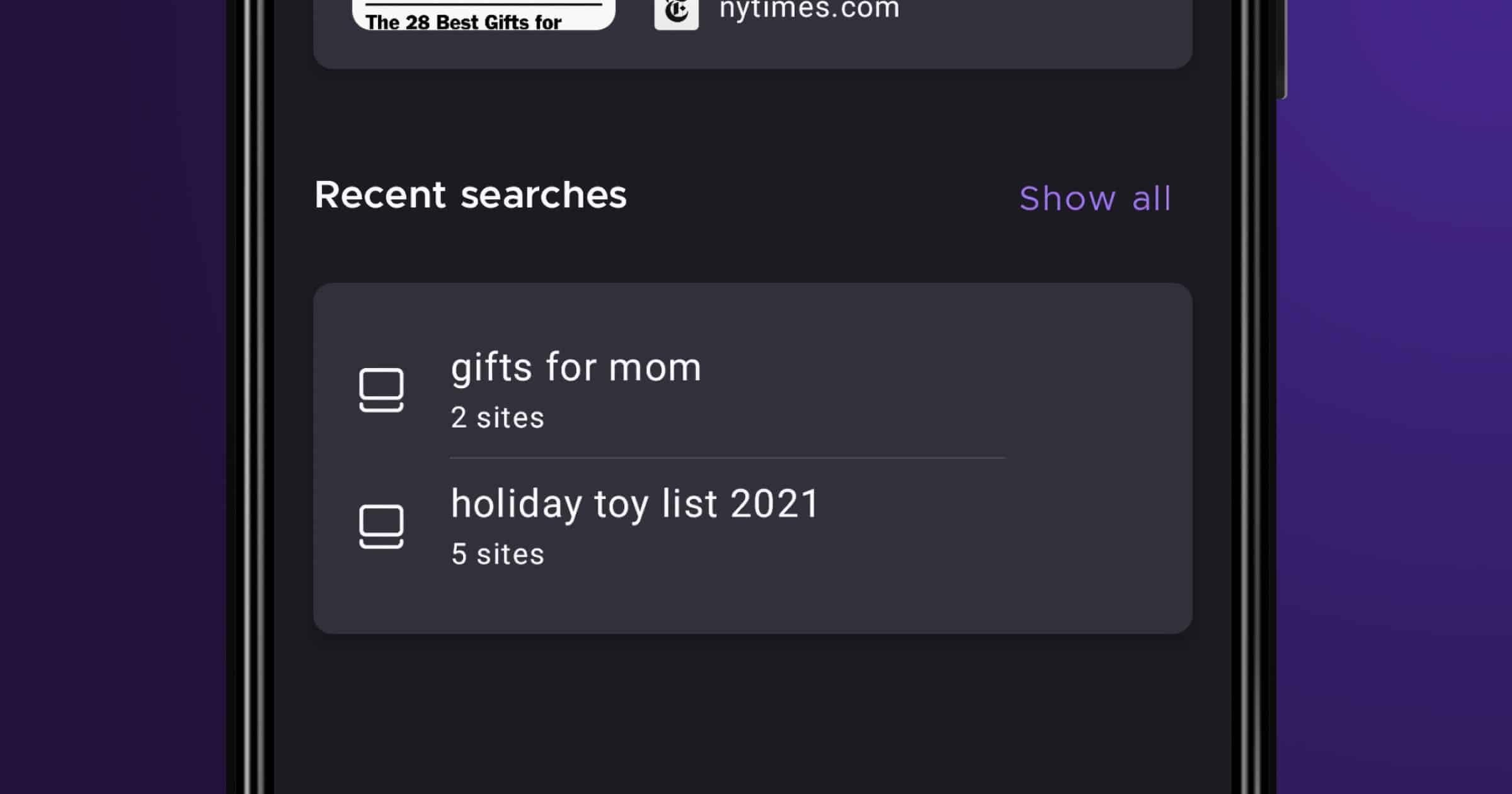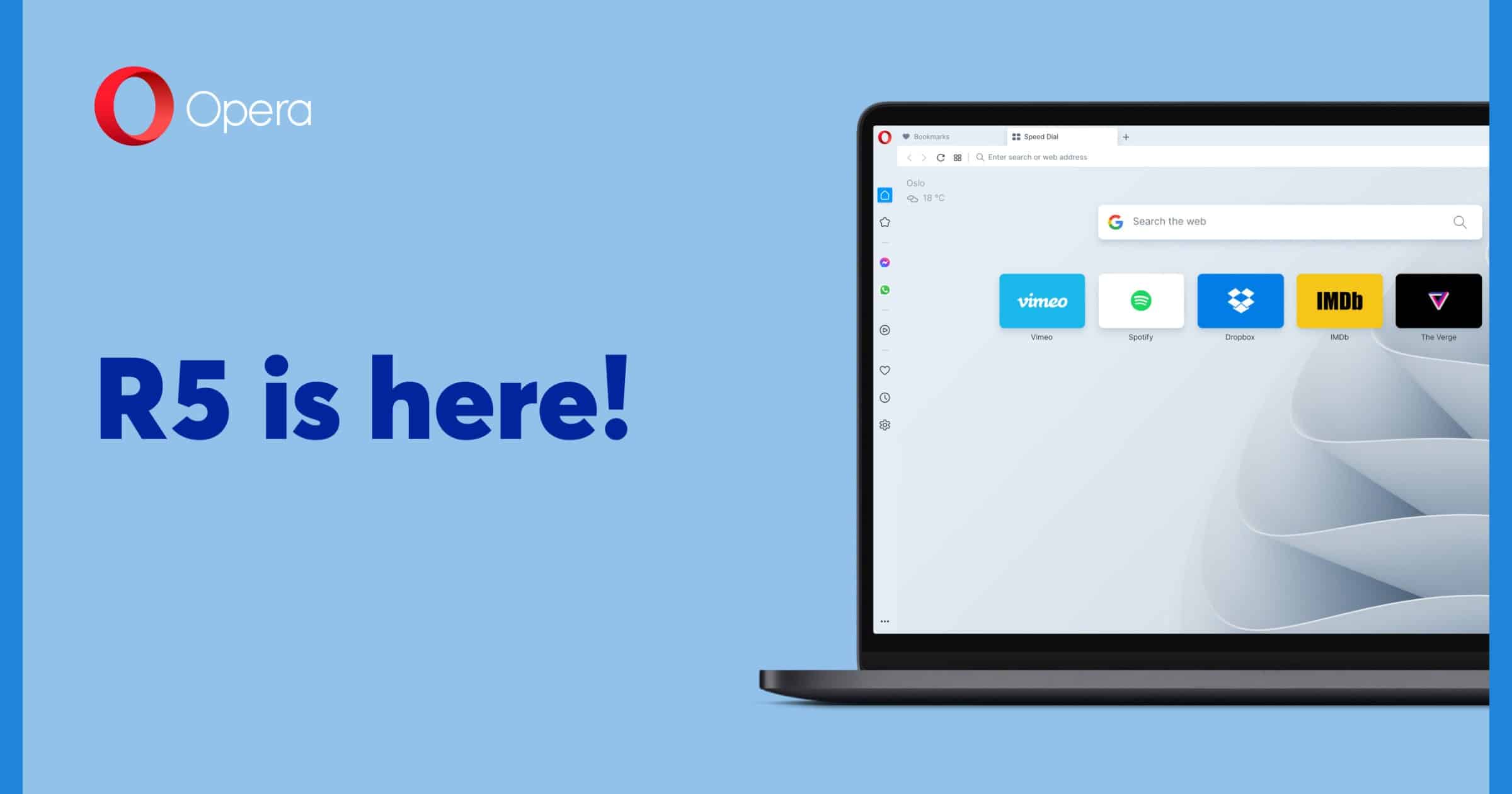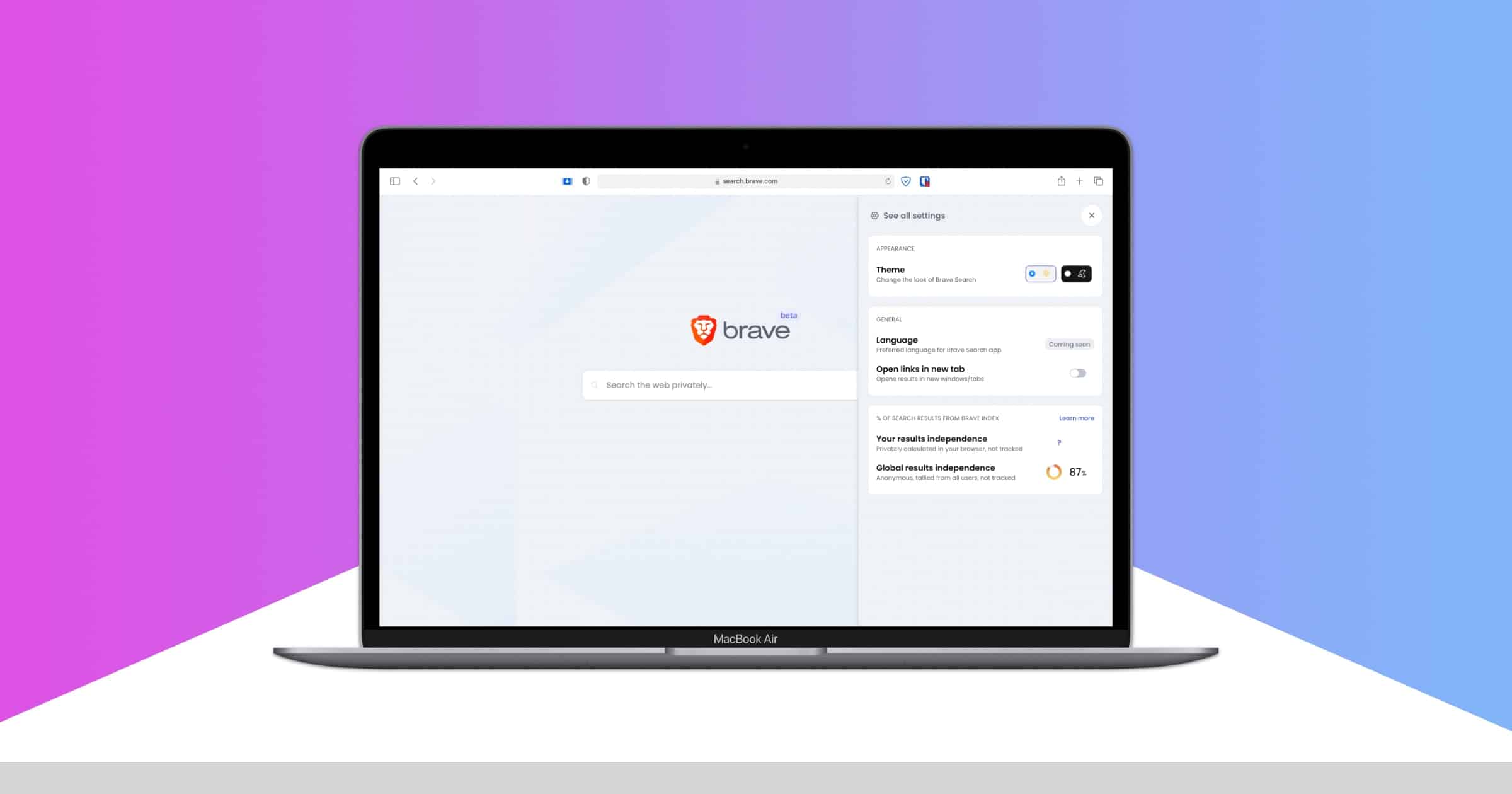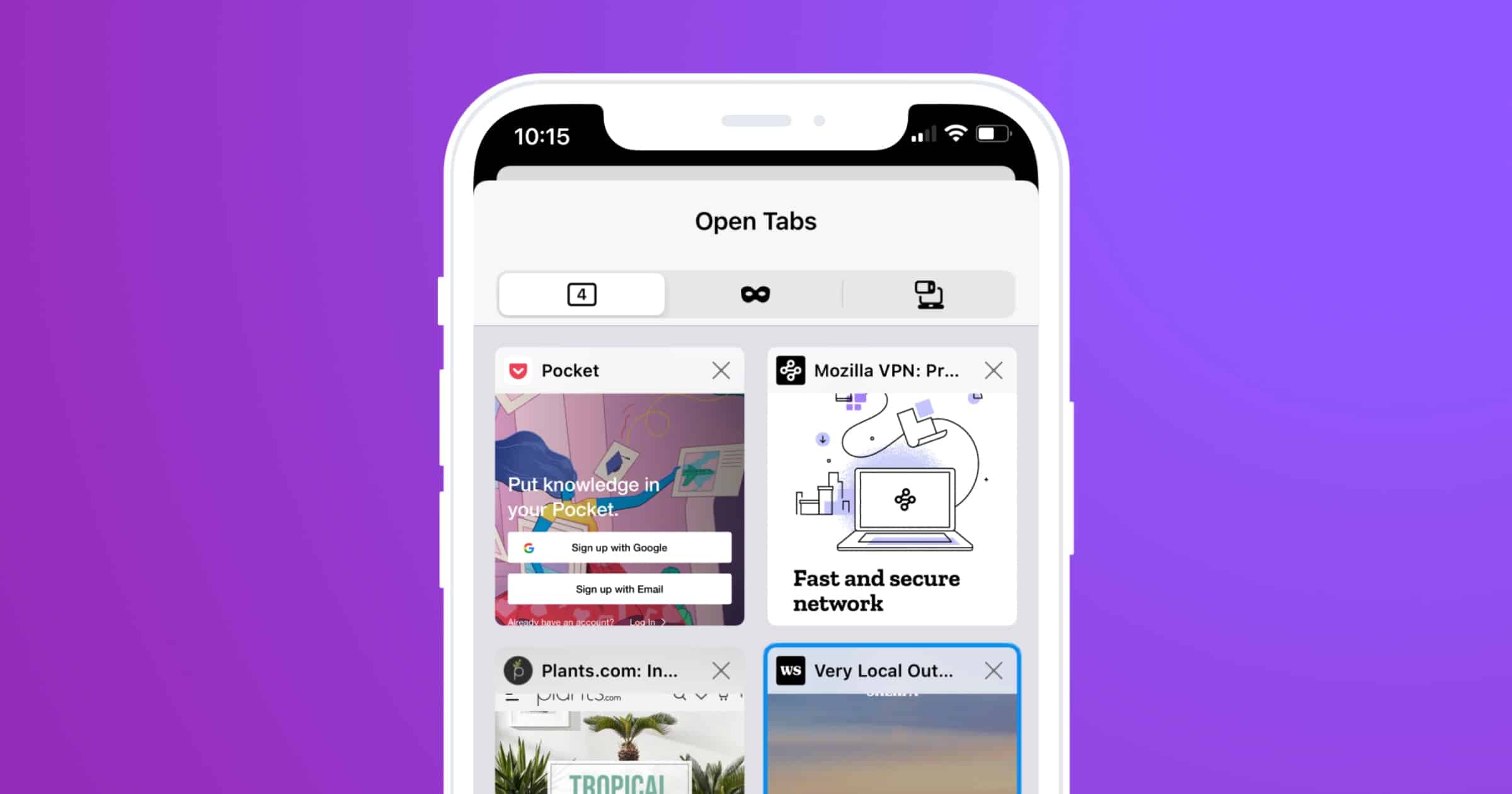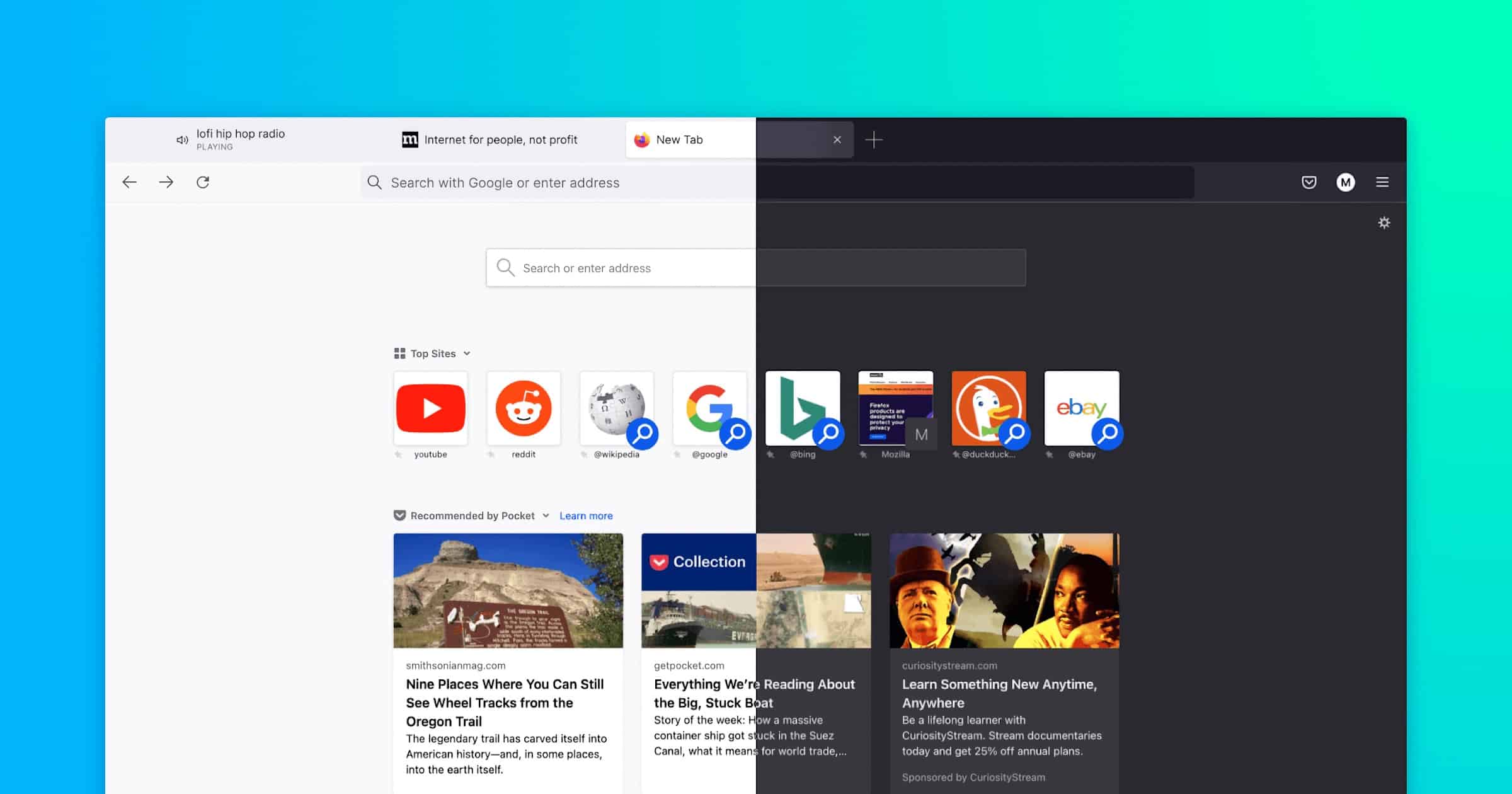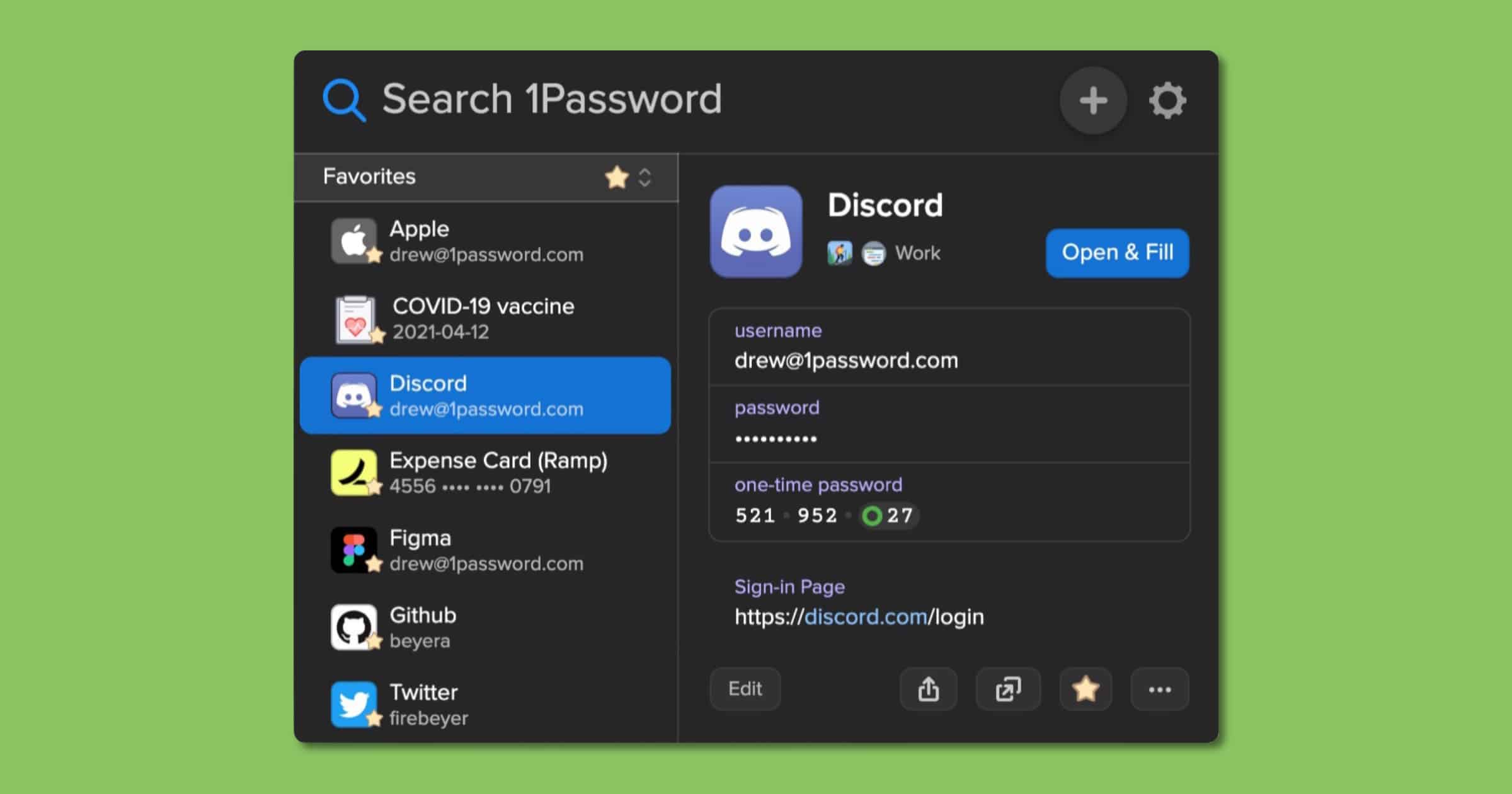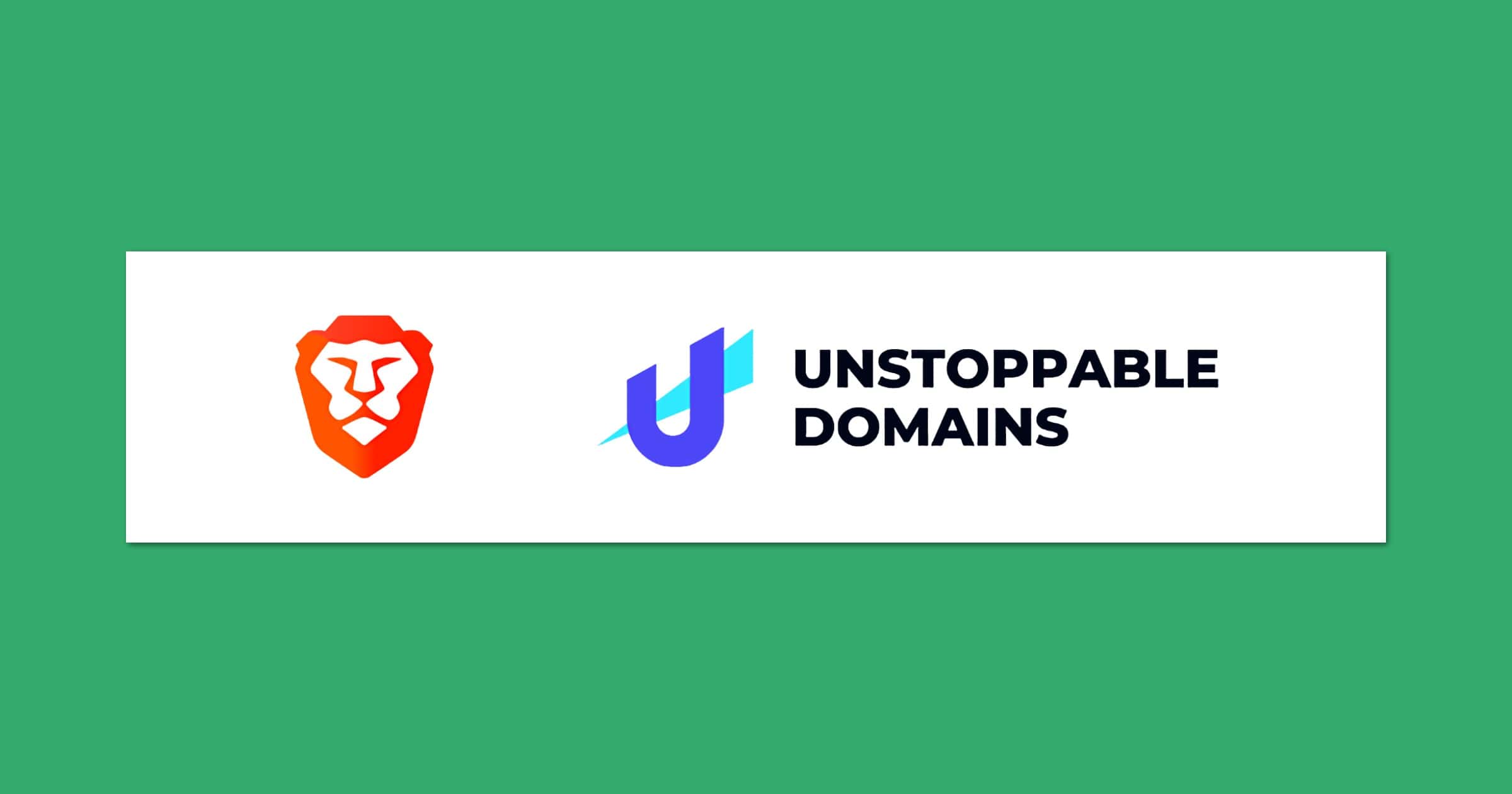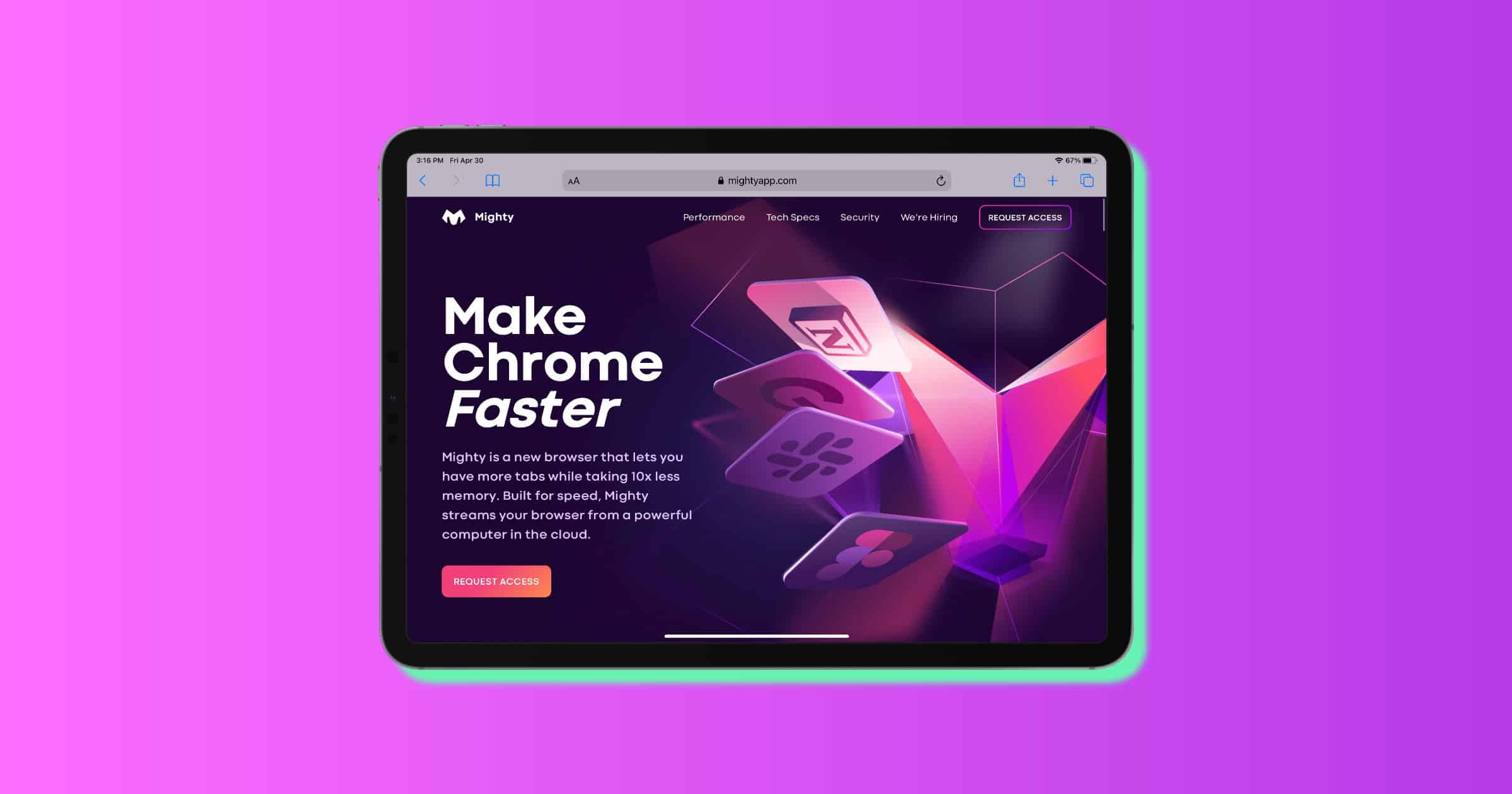Long an option on the iPhone, web apps have come to macOS, allowing you to use websites like apps natively in their own window.
Web Browser
OpenAI's ChatGPT Plugins: What You Need to Know
For those looking for information concerning OpenAI’s ChatGPT plugins: here’s a guide laying the groundwork for information.
Apple Considers Opening Its Private APIs To Third-Party Developers and Apps
Apple is reportedly opening up its private APIs to third-party developers and apps, and may allow other browser engines as well.
Apple Makes iCloud.com Redesign Available to All Users, Includes New Tile Feature
Apple has officially launched the new iCloud.com redesign, featuring Tiles, and it is now available to any user with an Apple ID.
Browser Makers Work on 'Interop 2022' for Compatibility
Apple, Mozilla, Google, and Microsoft are working on a benchmark called Interop 2022. It aims to help make developing for the web easier.
Missouri Backs Away From 'View Source' Hacking Prosecution
A Cole County prosecutor has declined to prosecute reporter Josh Renaud over claims that he hacked into the state’s website.
How to Change Default Browser and Email Apps on iOS
If you prefer different apps for email and web browsing, you may want to know how to change your default browser and email apps on iOS.
Safari 15 IndexedDB Bug Leaks Your Browsing Activity to Third Parties
On Friday, a report from FingerprintJS revealed a Safari 15 IndexedDB bug that can leak your internet activity to any website.
'MetaMask' Browser Crypto Wallet Plans to Add NFT Section
MetaMask is a cryptocurrency wallet browser extension, and recently teased future support for NFTs.
MetaMask’s integration with the extension will permit users on desktop devices that utilize Chrome and Brave browsers to interact with decentralized applications. In addition, this also implies that said users will no longer have to access other NFT marketplaces, such as OpenSea, to view their NFTs. Furthermore, mobile users of MetaMask are already privy to this NFT feature via their mobile wallet. Some of the NFT offerings they can currently view include prominent brand collectibles like Bored Ape Yacht Club and CryptoPunks.
DuckDuckGo to Release Private Browser for Mac in 2022
On Tuesday, DuckDuckGo shared its review of achievements and improvements in 2021. Looking ahead, the company plans to release a private browser for the desktop.
Instead of forking Chromium or anything else, we’re building our desktop app around the OS-provided rendering engines (like on mobile), allowing us to strip away a lot of the unnecessary cruft and clutter that’s accumulated over the years in major browsers. With our clean and simple interface combined with the beloved Fire Button from our mobile app, DuckDuckGo for desktop will be ready to become your new everyday browsing app.
Brave Browser Introduces Native Crypto Wallet Called 'Brave Wallet'
On Tuesday Brave introduced a native wallet within its browser that doesn’t require an extension called Brave Wallet.
Unlike most crypto wallets, the Brave Wallet does not require extensions; it’s browser-native, reducing security risks and reliance on extra CPU and memory. Users can transact with almost any crypto asset with superior safety and performance, as well as connect with other wallets and Web3 DApps. The Brave Wallet will soon be available on our mobile apps as well.
Mozilla New Home Page and Other Features for Firefox Mobile
Mozilla updated its Firefox browser for Android and iOS, bringing a new home page, recent searches grouped by topic, and other features.
Based on user feedback we designed the new Firefox homepage and organized it in a way that helps you jump right back into what you care more about, saving you time and headspace, and removing the visual clutter that can often leave us feeling overwhelmed.
Is Safari Becoming the New Internet Explorer Holding Back Progress?
Scott Gilbertson writes about Safari for The Register on Friday, pondering its features (or lack thereof) with other major browsers.
If Apple were less opaque and faster in its development process it could participate more in the debate over new APIs. If the company truly has concerns about the privacy implications of APIs, then it should voice them. Push back against Google, and provide a real alternative to Chrome. It wouldn’t be easy, but it might be the only hope we have.
Cloudflare Supports 'Early Hints' to Speed up Web Browsing
Cloudflare announced it is the first company to add server support for Early Hints. This aims to help speed up websites by as much as 30%.
Why are Hyperlinks Blue? An In-Depth Analysis of Web History
A new blog post from Mozilla asks the question, why are hyperlinks blue? It’s a fascinating deep dive into the history of the web.
WebKit's Origin Story – TMO Daily Observations 2021-06-28
Friday marked 20 years of WebKit and Safari, and Don Melton chats with Kelly about how WebKit came to be, as well as how far it reaches today.
Opera Browser Update Includes Pinboards, Video Pop-Outs
Codenamed “R5” an update to the Opera browser adds ways for users to save web content and improve the experience of video calls.
The new Pinboards feature is exactly that: a virtual pinboard that lets users collect websites, images, links and notes in visual form and share them with others, regardless of the device they access it from. Sharing a pinboard involves simply sharing a link, and those who it’s shared with can view everything the pinboard owner posts, as well as react with emojis.
Video conferencing popout pops the video out of the tab and keeps it on top of other tabs. This happens automatically whenever you’re switching to another tab and video pops in when you switch back to the video call tab
Brave's Privacy Search Engine Launches in Beta Today
Brave Search launched on Tuesday for prospective users as a private alternative to engines like Bing and Google.
Mozilla Brings Firefox Redesign to iPhone and iPad
When Mozilla redesigned Firefox for desktop in the version 84 release, it did the same overhaul for the mobile versions.
We’ve rebuilt parts of Firefox in native components, making it feel more iPhone and iPad-like than ever before. You’ll notice design elements that look and work identically to those found in many other apps, so our browser feels instantly familiar. We’ve also taken a major step up in accessibility. Firefox now supports more text sizes and integrates better with screen readers.
PayPal Cancels Customer Who Donates to Tor Browser
The Electronic Frontier Foundation (EFF) reports that a PayPal has shut down the account of a person who had recently donated to the privacy browser Tor.
Firefox 89 Gets Design Overhaul and ‘Total Cookie Protection’ Feature
Mozilla has released Firefox version 89 on Tuesday, bringing a new design for desktop users and a privacy feature called Total Cookie Protection added to private browsing.
We’ve enhanced the privacy of the Firefox Browser’s Private Browsing mode with Total Cookie Protection, which confines cookies to the site where they were created, preventing companies from using cookies to track your browsing across sites. This feature was originally launched in Firefox’s ETP Strict mode.
More information on Total Cookie Protection can be found on Mozilla’s blog.
1Password Browser Extension Now Supports Touch ID, Windows Hello
AgileBits announced on Wednesday that its 1Password browser extension supports biometric unlocking for Touch ID and others.
‘Brave’ Browser Adds Support for Crypto Domains
Brave is the latest browser to partner with Unstoppable Domains, letting users access decentralized crypto websites.
Through this integration, the Brave browser is supporting a decentralized network not part of the traditional Domain Name Service (DNS), which is increasingly susceptible to hijacking, denial-of-service attacks, and phishing attacks. Unstoppable Domains allows users to build and host decentralized websites for a variety of use cases, including creating NFT galleries, video, and file sharing.
New Cloud Browser ‘Mighty’ to Cost $30 per Month
A startup called Mighty is building a cloud-based web browser that it claims will reduce loads on battery, CPU usage, and RAM. You can find the company’s blog post here, and a link to coverage from The Verge below.
Mighty claims it’ll eliminate distracting cookies and ads, automatically notify you about Zoom meetings, quick search Google Docs and presumably other integrations to come. Mighty also says it encrypts your data and keystrokes, among other security promises.
I think the concept of a cloud-based browser is interesting. But I prefer free Safari over paying a US$30/month fee.



